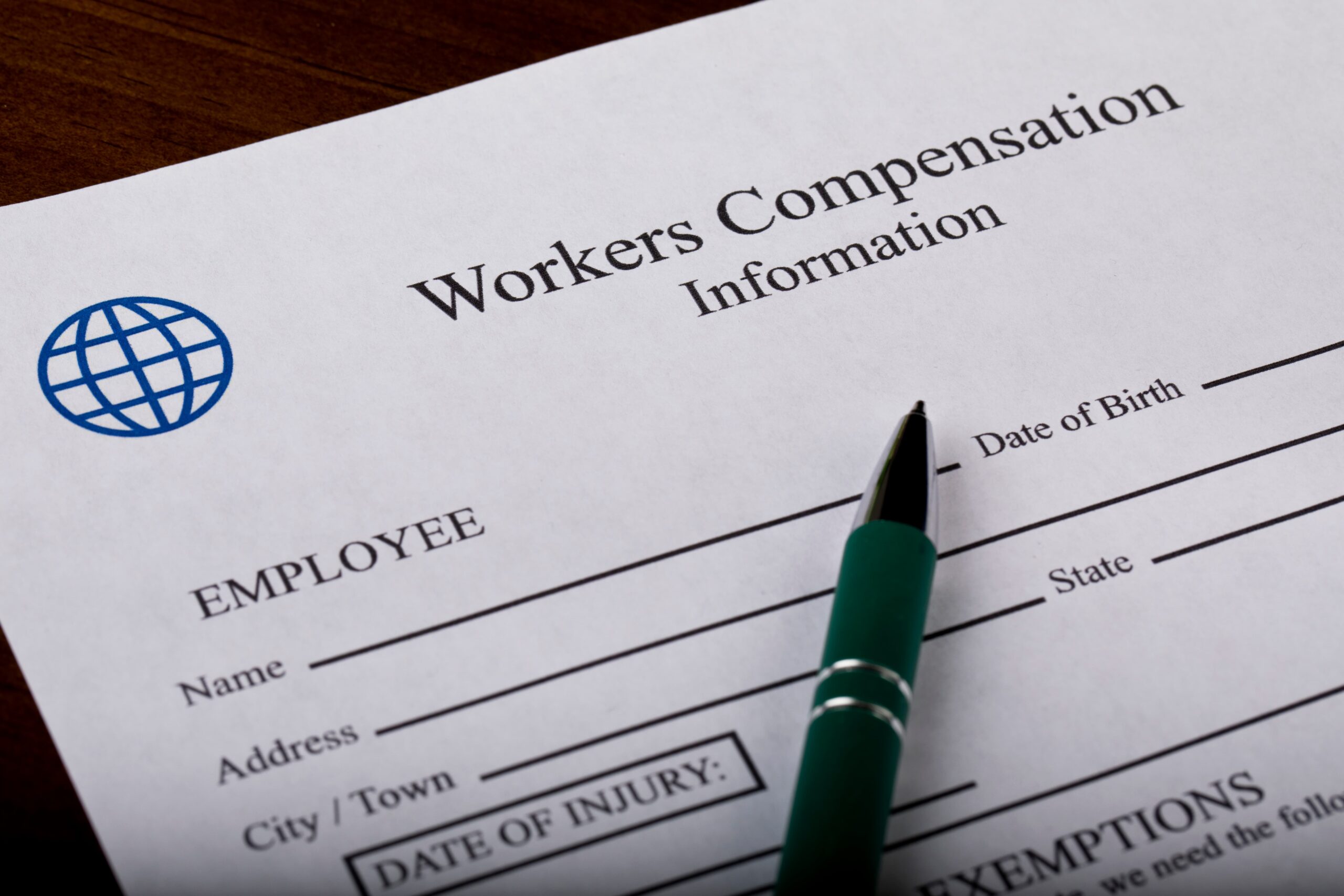What Is Workers’ Compensation and How Does It Work?
Have you been hurt at work? You may be wondering how you’re going to pay your bills and support your family. You may qualify to claim financial support through the workers’ compensation system. Our Colorado attorneys for workers’ compensation benefits explain what you need to know.
What Is Workers’ Compensation?
Workers’ compensation is an insurance program for employees. The insurance provides payments to workers when they are hurt in the scope and course oInsteadoyment.
Workers’ compensation is unlike personal injury claims that require the victim to prove that the other party is at fault. Rather, an employee who is injured at work may receive medical attention, lost pay benefits and permanent disability compensation through the employer’s workers’ compensation insurance.
How Does Workers’ Compensation Work in Colorado?
Workers’ compensation in Colorado helps work accident victims with the following steps:
- The employer takes out workers’ compensation insurance.
- An employee gets hurt at work.
- The employee seeks emergency medical attention and reports the injury to their employer within four days of the injury (Sec. 8-43-102).
- Within 10 days, the employer completes the required paperwork to report the injury (Sec. 8-43-101).
- The employee continues to receive needed medical care. The employer may send the victim to a specific medical care provider of the employer’s choice.
- Insurance pays the injured worker a percentage of their lost wages if they cannot work because of their injury.
- Payment benefits continue until the injured worker is able to return to work or indefinitely if they are permanently disabled.
- If the injured worker disagrees with the determination of benefits, they may file a workers’ compensation appeal. An Administrative Law Judge may hear an appeal, then the Industrial Claim Appeals Panel, and finally the Colorado Court of Appeals.
Is Workers’ Compensation a No-Fault System?
Yes, workers’ compensation is a no-fault system. You may claim benefits without having to prove that the employer is at fault for the accident. Workers’ compensation is not a personal injury lawsuit that requires the victim to prove the employer was negligent or responsible for a breach of duty. Rather, it allows the victim to quickly get the compensation allowed under the law without regard to fault.
How Do I Start a Workers’ Compensation Case in Colorado?
To start a workers’ compensation case in Colorado, you notify your employer that you are hurt at work. You should tell the employer immediately when the injury occurs. In the event that the injury is an illness, you should tell your employer as soon as you realize that you are ill and that it is related to your work.
The employer should complete and submit Form WC1, Employer’s First Report of Injury. The form contains income information as well as details about how the injury occurred. The employer submits the form to their insurer for a determination of benefits and initiation of payment.
What Can I Do If My Employer Won’t Take a Workers’ Compensation Report?
If your employer doesn’t take a workers’ compensation report, you can file the report yourself. The employee should complete WC15 – Worker’s Claim for Compensation and submit it to the Colorado Division of Workers’ Compensation.
The employer then has 20 days to evaluate the case and advise if they accept or reject the claim. The victim has two years to make this report. The victim should still file even if the employer doesn’t have insurance because payment may be available through the Colorado Uninsured Employer Fund.
What Medical Care Can I Receive While on Worker’s Compensation?
The medical care that you can receive while on worker’s compensation may include:
- Emergency care
- Surgery and stabilization measures
- Follow-up evaluation and care
- Rehabilitation
- Medication
- Supplies
- Travel and mileage
- Costs of travel
You may receive treatment for medical care that is considered “reasonable and necessary.” If you disagree with the determination of what medical care is appropriate, you may challenge the decision.
What Payments Do I Receive While on Colorado Worker’s Compensation?
While you’re on Colorado workers’ compensation, you receive 66⅔% of your average weekly wage. There is a maximum weekly benefit of 91% of the state average weekly wage. Payments continue until you are able to return to work. If you have a permanent total or partial disability, you may also receive a lump-sum or scheduled benefit up to a maximum amount.
How Does Colorado Workers’ Compensation Work if an Injury Results in Death?
If a work injury results in death, surviving dependents may receive benefits and compensation for funeral expenses. There are minimum benefit rates for cases involving death. The exact amount of payments depends on the worker’s average weekly wage. A dependent spouse may receive payments for life or until remarriage.
Family members of the victim should also consider bringing a wrongful death claim to receive additional compensation for their losses and hold the responsible party accountable.
How Can I Make a Workers’ Compensation Appeal Successful?
To make a workers’ compensation appeal successful, it’s essential to understand what information the claims examiners need to know. For example, you may need to be able to prove any of the following:
- That the injury happened at work or was the result of work; it occurred during the course and scope of employment
- How severe the injuries are and how they result from the accident
- Your average weekly wages
- Whether you can rehabilitate your injuries and return to work
- If you can work part-time or full-time with restrictions
- That you reported the injury on time
If your employer disputes your workers’ compensation claim, you can fight back by filing an appeal. However, to make your appeal successful, it’s critical to have the proper evidence to clear up confusion and fight back against any accusations from the employer. Whatever the issues are, you should prepare the evidence to answer the claim examiner’s question.
For example, if there are questions about the link between the accident and your injuries, you may rely on medical records and an expert medical professional. This information can solidify the connection between the accident and the extent of your injuries. Likewise, wage information can be proven with pay stubs and work records. An experienced attorney for workers’ compensation can assist you in preparing a solid case for workers’ compensation.
Workers’ Compensation Attorneys In Colorado
Do you have questions about how workers’ compensation works? Contact our attorneys today for a free consultation about your claim. We have personal injury offices in Denver, Englewood, Fort Collins, Colorado Springs and Boulder, so professional legal support is never far away. Let us help you get the compensation you deserve now.






